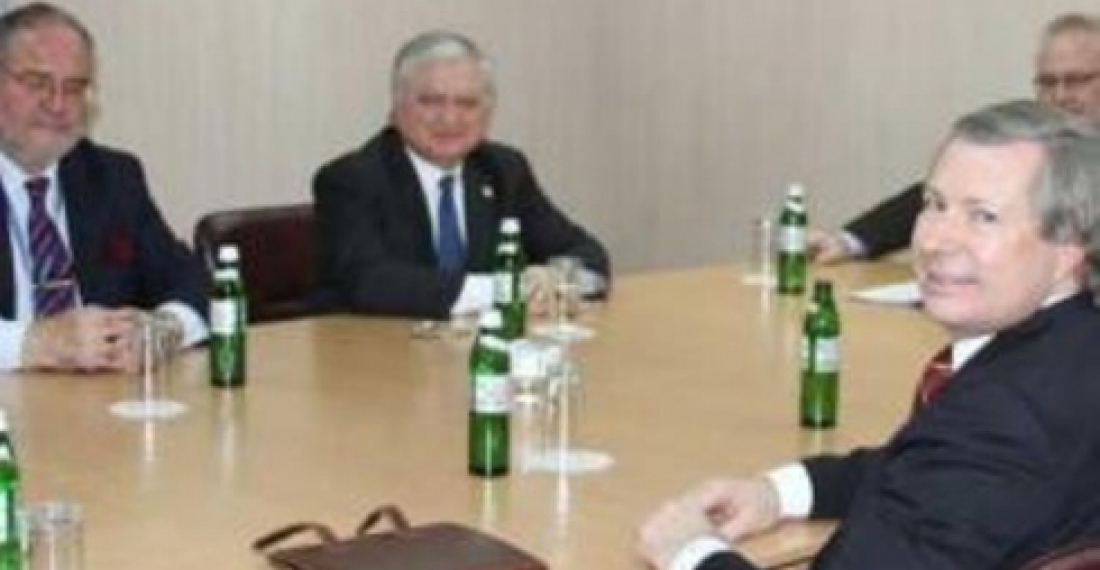Diplomats from France, Russia and the United States who chair the OSCE Minsk Process that is empowered to facilitate negotiations on the Nagorno-Karabakh conflict between Armenia and Azerbaijan have over the last days met the Foreign Ministers of the two countries in a fresh effort to kick-start negotiations on the resolution of the conflict.
In Paris on Monday the diplomats met with Azerbaijani Foreign Minister Elmar Mammadyarov. According to the spokesman of the Azerbaijani Foreign Ministry Mammadyarov reiterated the readiness of Azerbaijan to sign a comprehensive peace treaty with Armenia based on the premise that Armenia withdraws from all Azerbaijani territory that it occupies. This has been the Azerbaijani position for a long time and it has not in the past found favour in Armenia.
The diplomats later travelled to Moscow where on Tuesday they met the Armenian Foreign Minister Edward Nalbandian. The Armenian side said that the talks focussed on taking forward the negotiations on the Nagorno-Karabakh conflict, but gave no further details.
According to the US co-Chair of the Minsk Group, Ambassador James Warlick, the three co-Chairmen will today meet with representatives of the Russian Government. This meeting comes at an awkward time when Russia is being accused of undermining the European security system by its actions in Crimea. As happened in Georgia in 2008 Russia is expected to try to insulate the Minsk process from the current diplomatic turmoil. On that occasion Russia also followed up with an initiative of its own with a meeting in Moscow between then President Dimitri Medvedev and the leaders of Azerbaijan and Armenia in November 2008. This saw the begining of a long diplomatic initiative led by Medvedev, and with the involvement of the two Presidents, which failed to produce a settlement and which collapsed during the last trilateral meeting in Kazan in the summer of 2011. A further meeting of the three Presidents took place in Sochi in January 2012 shortly before Medvedev left office but this also failed to produce any results.
After nearly two years of low-key diplomacy during which the co-Chair of the Minsk process tried frantically to keep the sides talking together a breakthrough was registered last November when the diplomats managed to arrange for another meeting of the two Presidents in Vienna. It is now being suggested that the Presidents may meet again later this month, probably in the Hague where they will both be attending a summit on nuclear security. It is not however clear if there is a basis on which a fresh start to the negotiations can be built and there is some concern that as in 2008 Russia may use the Minsk format to project itself as a peace-maker in Eurasia at a time when it is facing international condemnation.
source: commonspace.eu
photo: Diplomats from France, Russia and the United States meeting the Armenian foreign Minister Edward Nalbandian in Moscow on 11 March 2014.







